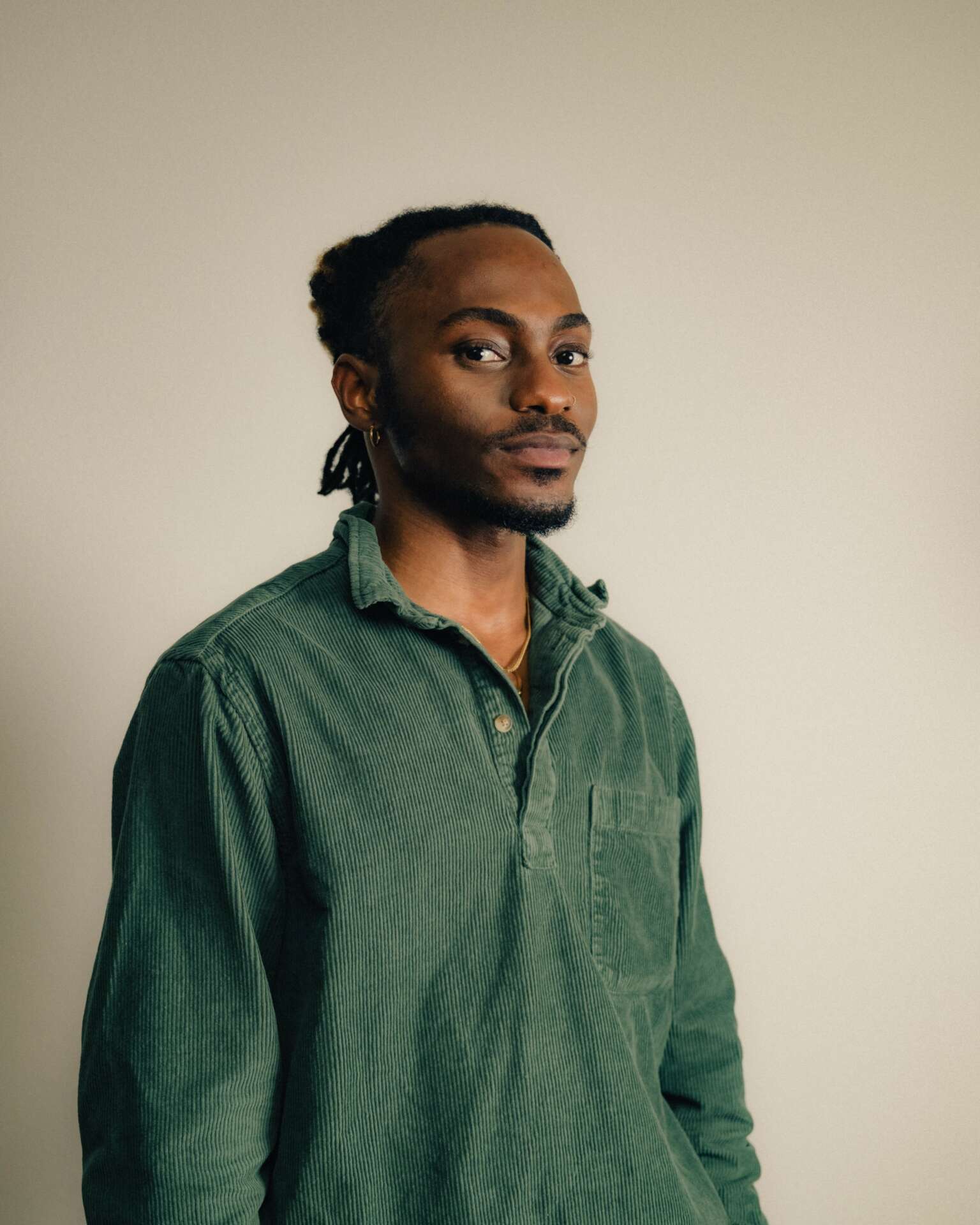We’re excited to introduce you to the always interesting and insightful Trae Whyte. We hope you’ll enjoy our conversation with Trae below.
Hi Trae, thanks for joining us today. So let’s jump to your mission – what’s the backstory behind how you developed the mission that drives your brand?
I intend to make Studio Brenton, my new production company, a home for short narratives in the near future and meticulously build it out for long-form creative projects over time. We’re currently in a kind of renaissance for short-form media. Still, not enough attention is being given to highly crafted narrative shorts on a large scale, which I think is a detriment to people my age and younger who deserve to form a similar kind of spiritual relationship I’ve been able to with the cinematic form.
Since its explosion into global consciousness during the pandemic, TikTok has completely captured the attention of Gen Z and younger millennials. For much of its existence, content could only be up to a minute long, which, although limiting, encouraged a lot of creativity (in addition to some of the worst videos ever, but that comes with the territory). That’s changing now, though, as TikTok is pushing for creators to upload videos as long as 10 minutes to continue its tacit competition with YouTube for users, both companies wanting us to spend as much time as possible on their respective media.
Short-form content is king, but it’s clear there’s more than enough room in the attention marketplace for longer-form creatives, even if only as long as 10 minutes. To compete, we must reach people who watch short-form content and bridge that gap. Short films can be a part of that bridge, be it the foundation or one of the railings that help guide viewers across the content chasm back into the world of cinema. And I don’t necessarily mean the stuffy, esoteric kind, but cinema that feels grounded in the lives of young people today.
Platforms like Short of the Week and Nowness showcase short-form cinema at its finest. I aim to build an engine to produce these kinds of creative projects. I’m starting by putting my money where my mouth is and investing in my narrative projects. I aim to expand and collaborate with the countless creatives I know (of) who have standout stories to tell and only need some support to get their ideas off the ground.
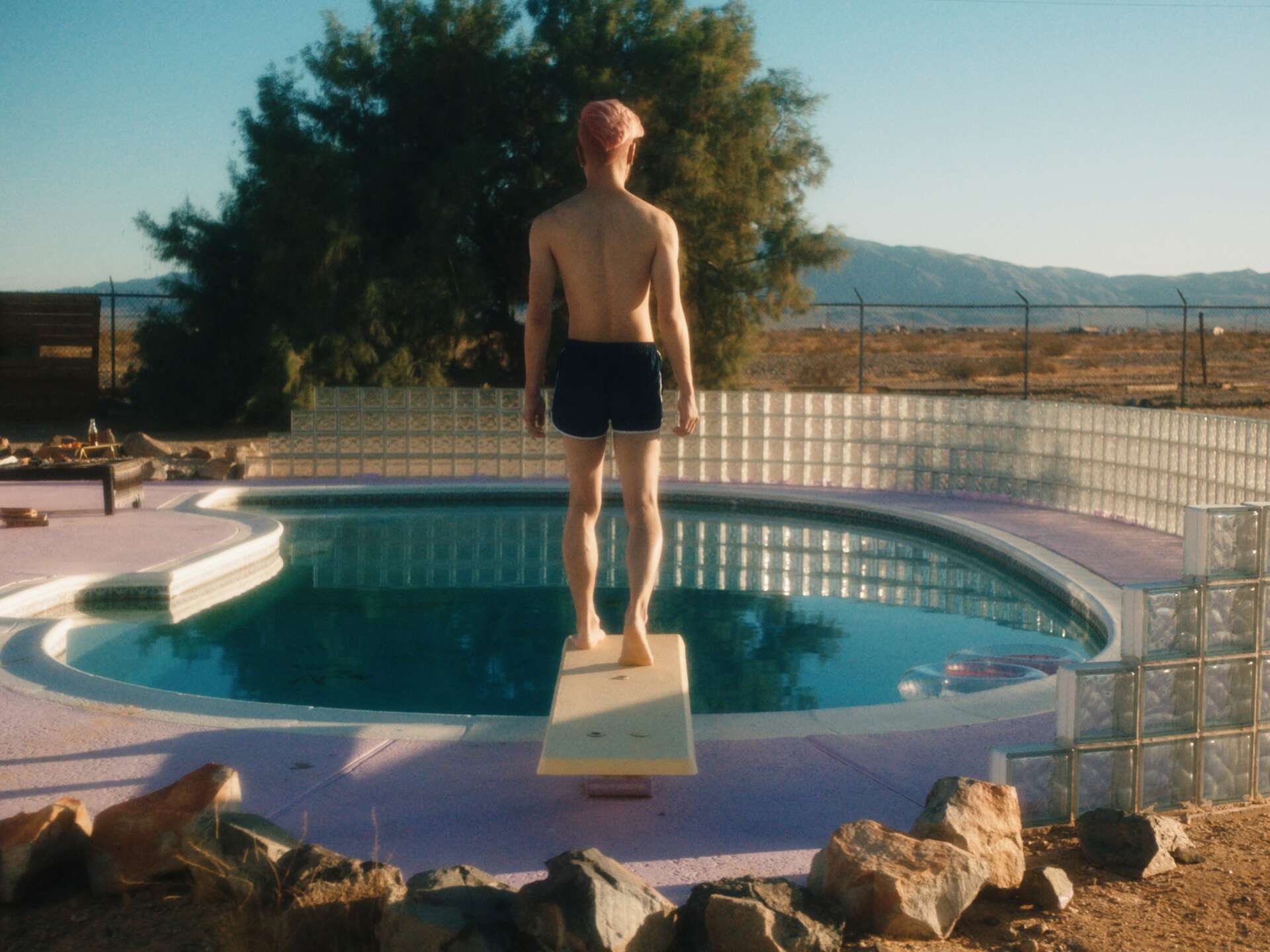
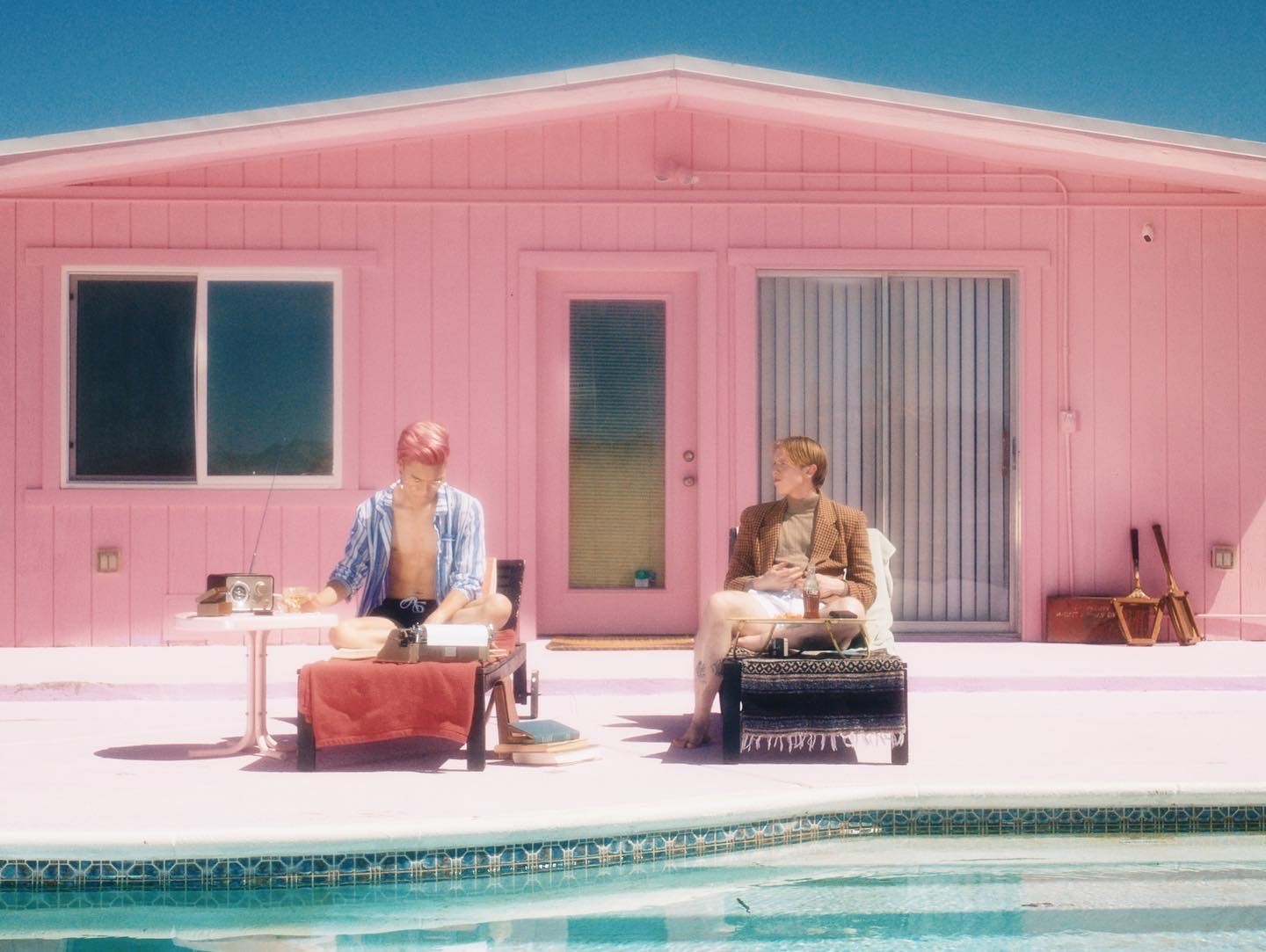
As always, we appreciate you sharing your insights and we’ve got a few more questions for you, but before we get to all of that can you take a minute to introduce yourself and give our readers some of your back background and context?
I’ve always been intrigued by the power of words, which I think has a lot to do with how I came up. I was born and spent half of my life in Jamaica, where the common tongue is Jamaican Creole (Patois). Still, in school, we were rigorously taught British English as the official language and could only communicate with our teachers in this way. I also grew up consuming a lot of American films and TV shows, which complicated my relationship with language and storytelling even more.
In school, both in Jamaica and the US, I naturally gravitated towards the humanities and language arts, which fostered my love of words even more. This obsession with how words are so profoundly connected to how we experience our lives melded together with the countless hours I spent watching movies and TV shows as a kid (in large part because my mum never wanted me to go outside following the drowning of two kids I knew… it’s a long story) to create my deep connection with visual narratives.
I began pursuing a career as a filmmaker in college, studying the theory and production of creating visual narratives. I got a lot of hands-on experience after joining and eventually leading a small production studio funded by my university. During that time, I met some of the most amazing creatives and friends I hope to work with for as long as I can have a career.
For the last three years of college, I worked three jobs to finance my thesis film, “Lloyd”, which at the time was an optional undertaking but something I knew early on I had to do if I was at all serious about making a life out of filmmaking. Although it nearly killed me a couple of times, I saw the project through to completion. When it was all said and done, I found myself on the other side of a college career, searching for my next step forward at the beginning of the COVID-19 pandemic.
With little left to do and a perfectly functional Nissan Sentra, I gave driving Uber a shot. Eventually, after recovering somewhat from the burnout from producing “Lloyd”, I began writing again. At first, it was a few shorts, which turned into a couple of feature screenplays, which grew into a drama pilot and a story bible for an independent producer who had an idea he wanted to pitch Endeavor Content. That last project never got picked up, but I used it to begin honing my understanding of TV drama structure, and it gave me a real hunger to enter that space.
Following that experience, I began crafting my writing portfolio in between driving for Uber to make ends meet and going through the motions of death and dullness of the pandemic. I continued collaborating with a few other creatives on scripts during this time, and I even found myself on quite a few sets as a production assistant and coordinator, double-masked and beneath a clear face shield with the rest of the crew, my persistent asthma threatening to end me at any moment.
In 2021, I was recommended by one of my friends and film collaborators for a content producer role at the online media brand Maffick, where I eventually worked to create video and graphic content centered on sustainability and environmentalism. It turns out that my experience and skills as a visual storyteller and writer translated well, and I found a lot of success in that position. Sadly, my time there came to an abrupt end when Russia invaded Ukraine in late February 2022. Here is another long story, but the TLDR of it is that Maffick was initially funded, at least in part, by RT, a Russian state-controlled TV network. Because of this association with RT, Maffick’s various social platforms were all tagged “Russian state-controlled media,” which essentially shadowbanned the brand across socials and quickly shuttered the company, causing everyone to get laid off… so that was fun.
Luckily, I was still having my wild adventures driving Uber across all of Southern California, so I opted to go back to driving full-time until I found another gig. After about three months of almost literally breaking my back driving strangers around in my car from sun up to sun down, seven days a week, I landed another social media job, this time as a strategist and coordinator for Nextdoor, where I continue to work today, now as a consultant through Studio Brenton, rather than as an employee. My time at Nextdoor has allowed me to hang up my Uber car keys for good and turn my attention towards leveraging my successes as a social media specialist and content producer for ad agencies and companies, such as Netflix and Character.AI, to finance Studio Brenton.
My social media work has become a backchannel to help fund my next short film project and Studio Brenton more generally. I am proud to know that the many hiccups along my path thus far have only ushered me closer to what feels most authentic to me as an artist and now as a business owner.
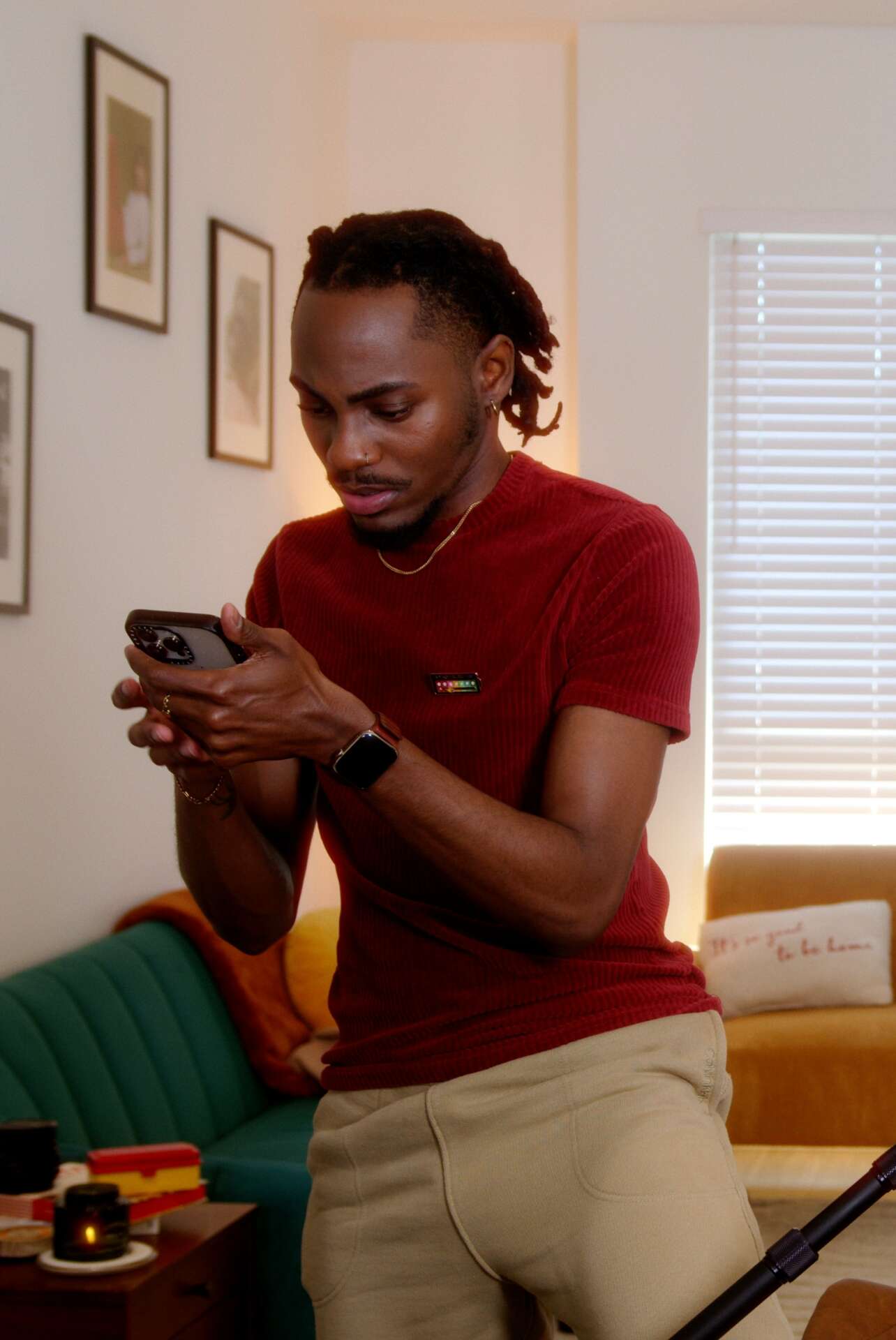
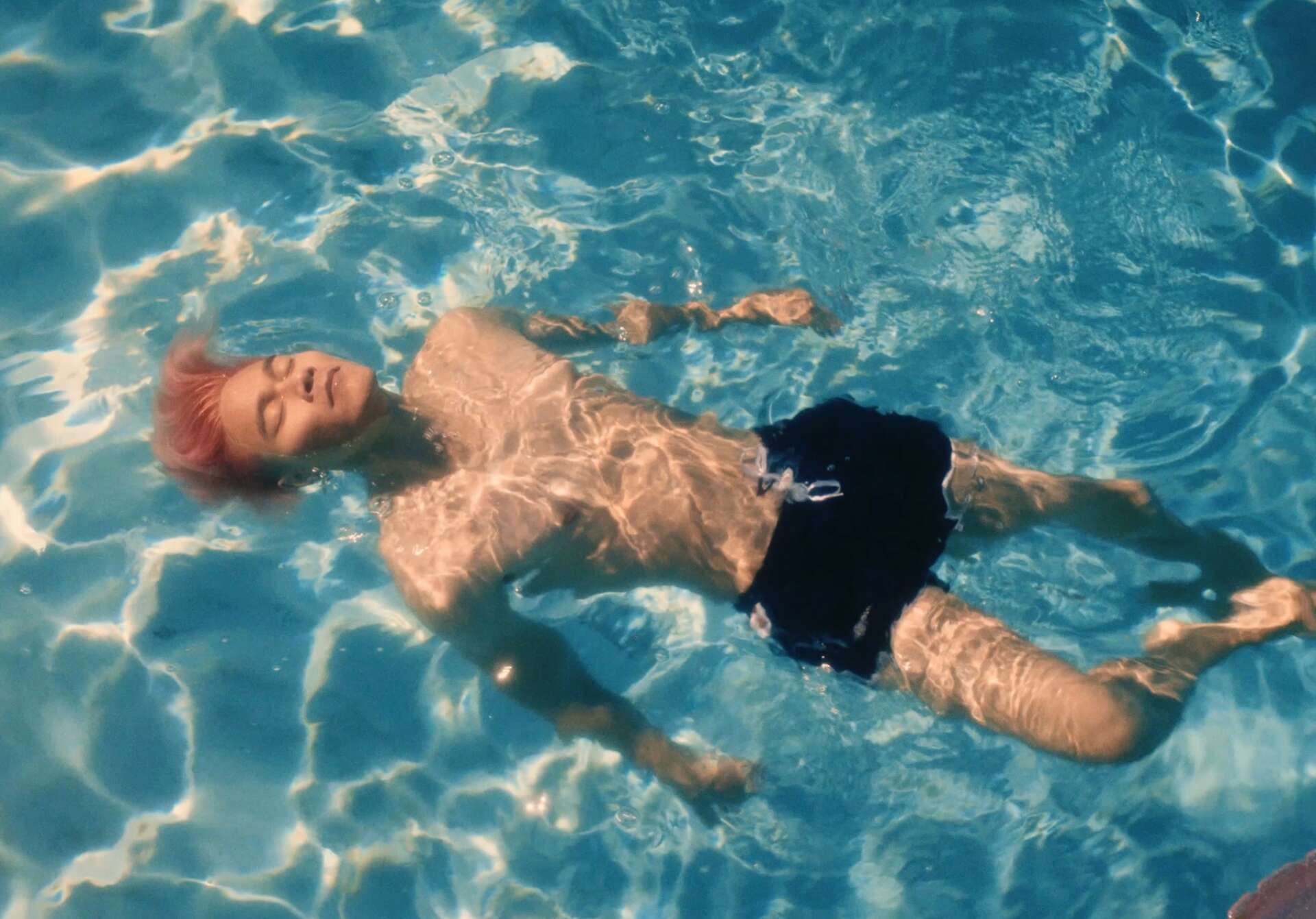
What’s worked well for you in terms of a source for new clients?
The genuine relationships I’ve formed since I began my filmmaking journey in 2016 have brought me where I am today. I’m lucky enough now that recruiters will reach out to connect me with social media jobs, but before this was the case, I got opportunities to create treatments and direct music videos and to hop on projects to produce content because one of my friends who I came up with worked at a company that needed support, or they knew someone who knew someone in search of some service I could provide.
We talk a lot about networking in a purely transaction sense, but in my experience, networking has just been vibing with people who I can connect with on a creative and/ or interpersonal level, maintaining that relationship because we’ve both found a reason to invest in each other and maybe, just maybe, an opportunity arises down the line. It’s not clear-cut, but it’s worked for me so far.
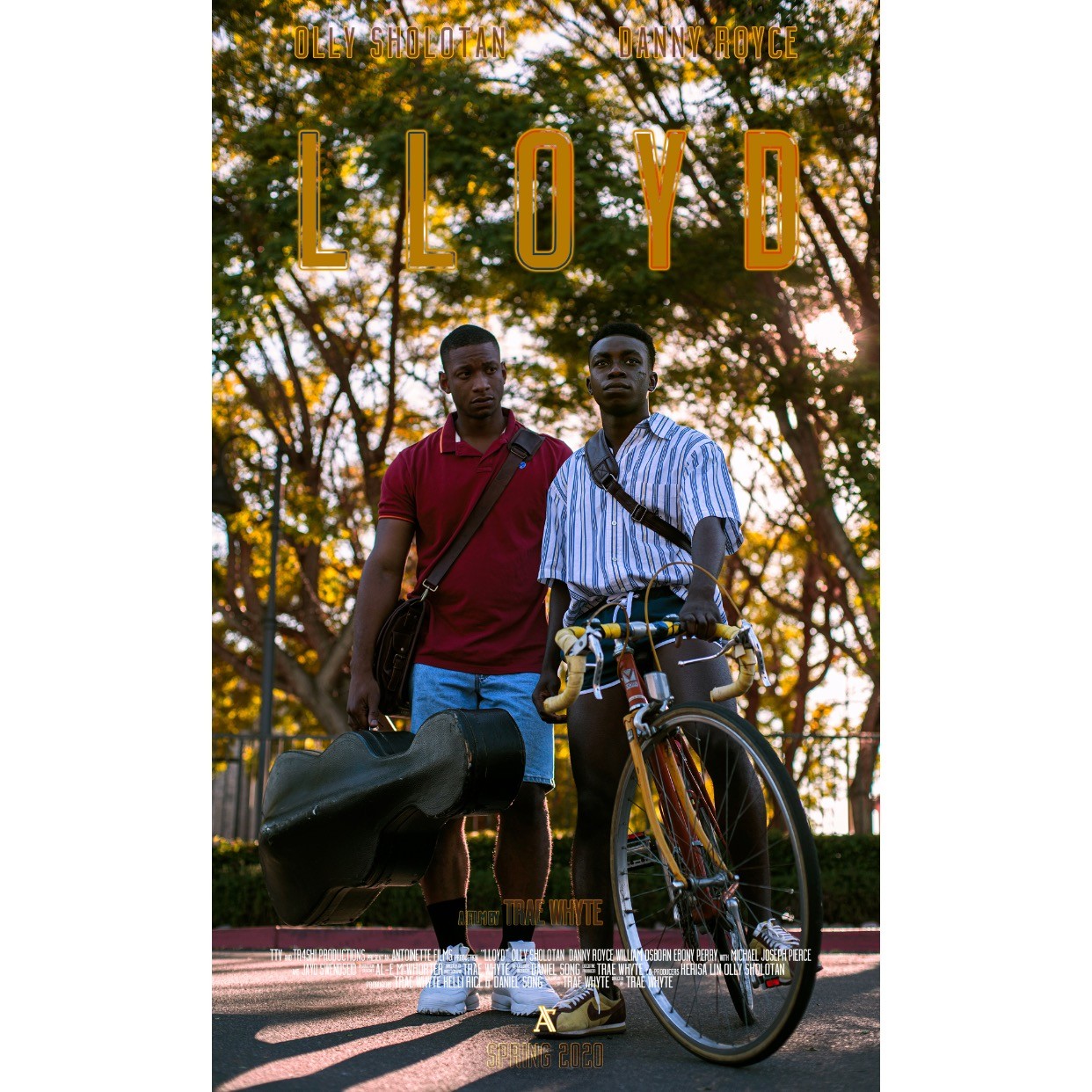
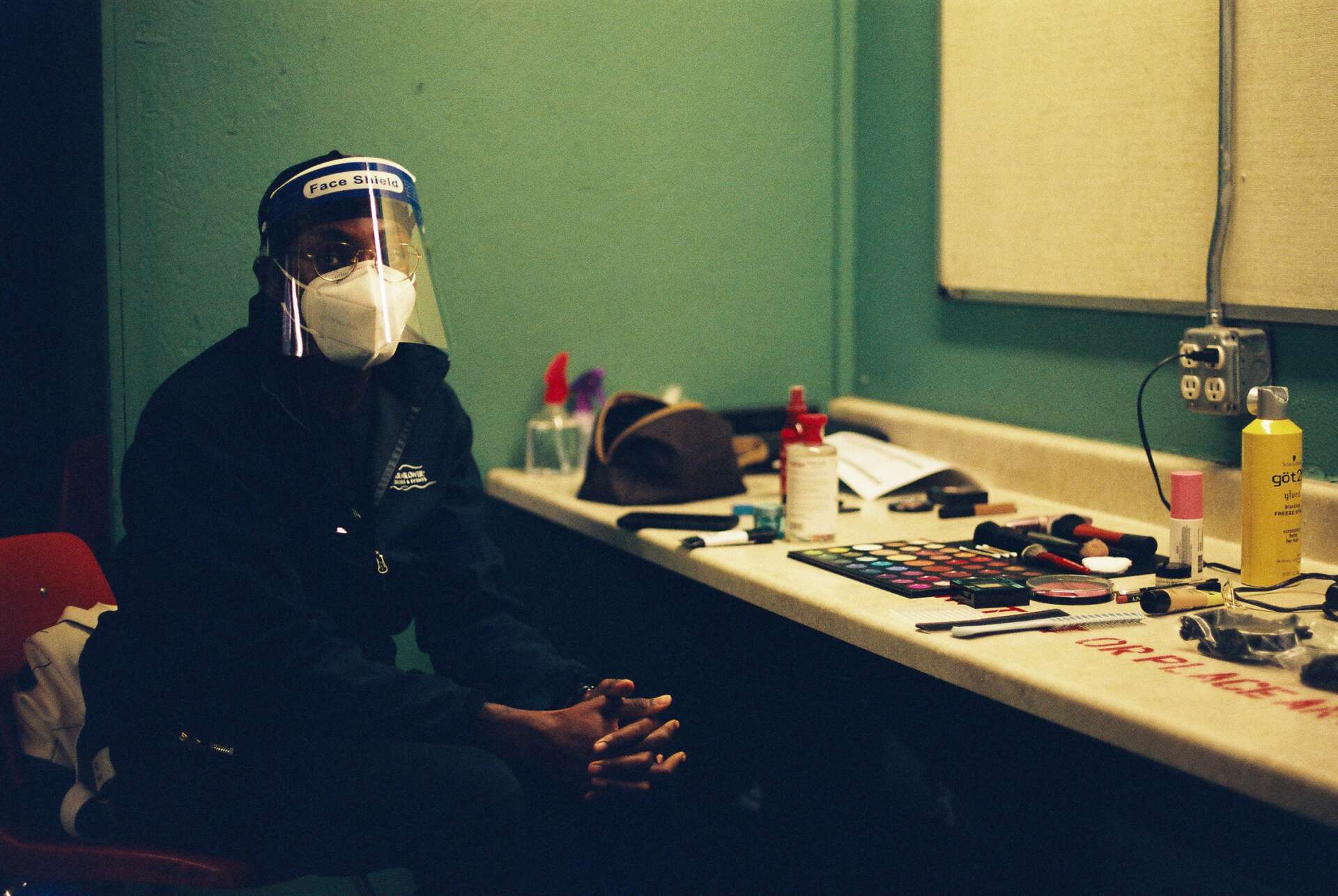
What’s the most rewarding aspect of being a creative in your experience?
My journey as a filmmaker in a world that loves art but hates artists has been a spiritual one. Filmmaking creates a space for the deepest human truths to rise to the surface of my consciousness, allowing me to honour my perspective. I get to deeply interrogate the most brutal and beautiful experiences of my life through my work, both the ones I’ve produced and the many that remain on the page. My work is my freedom. Knowing that my purpose is to question everything and transmute my findings into something everyone can interact with and find their own perspectives through is the dopest thing.
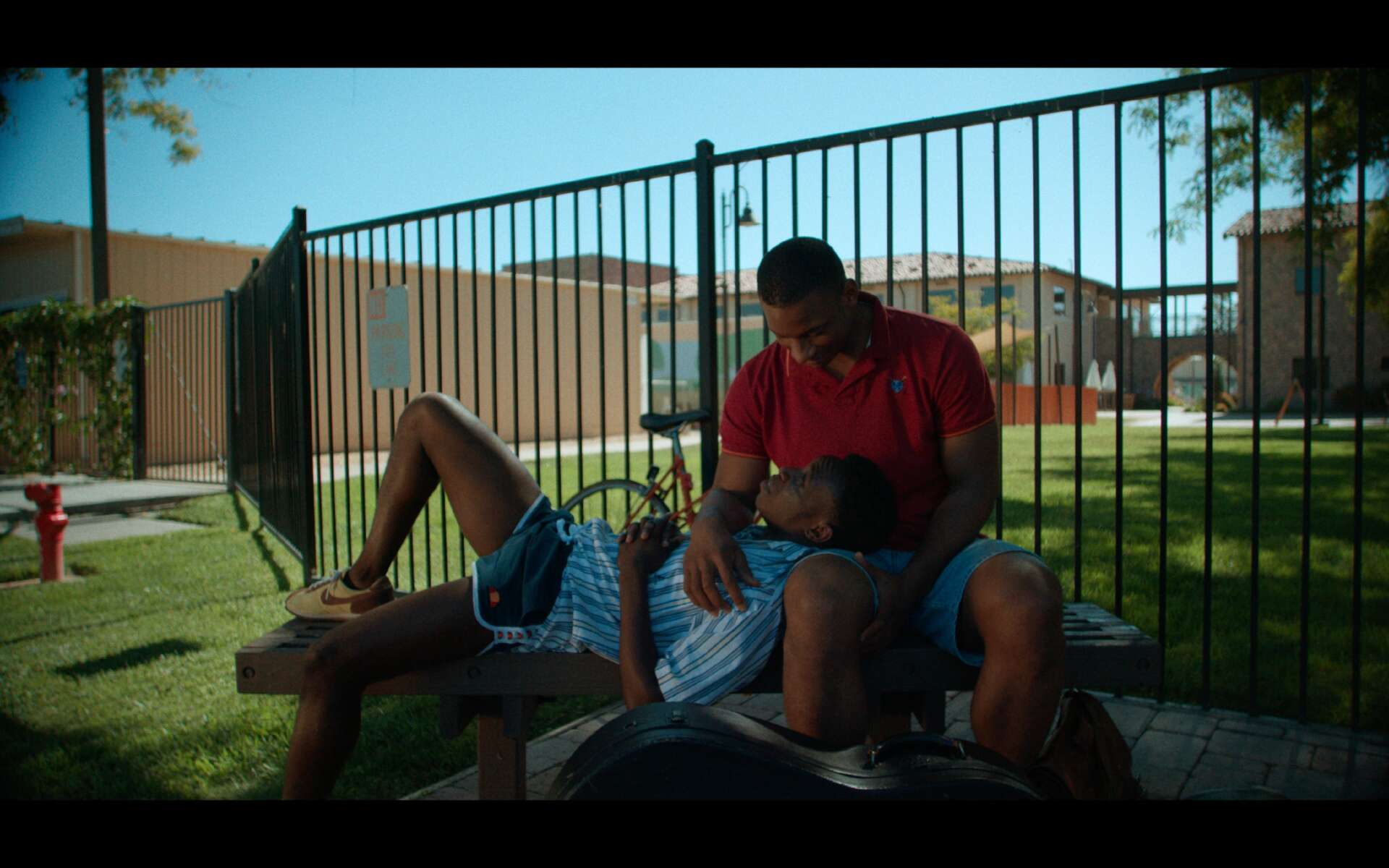
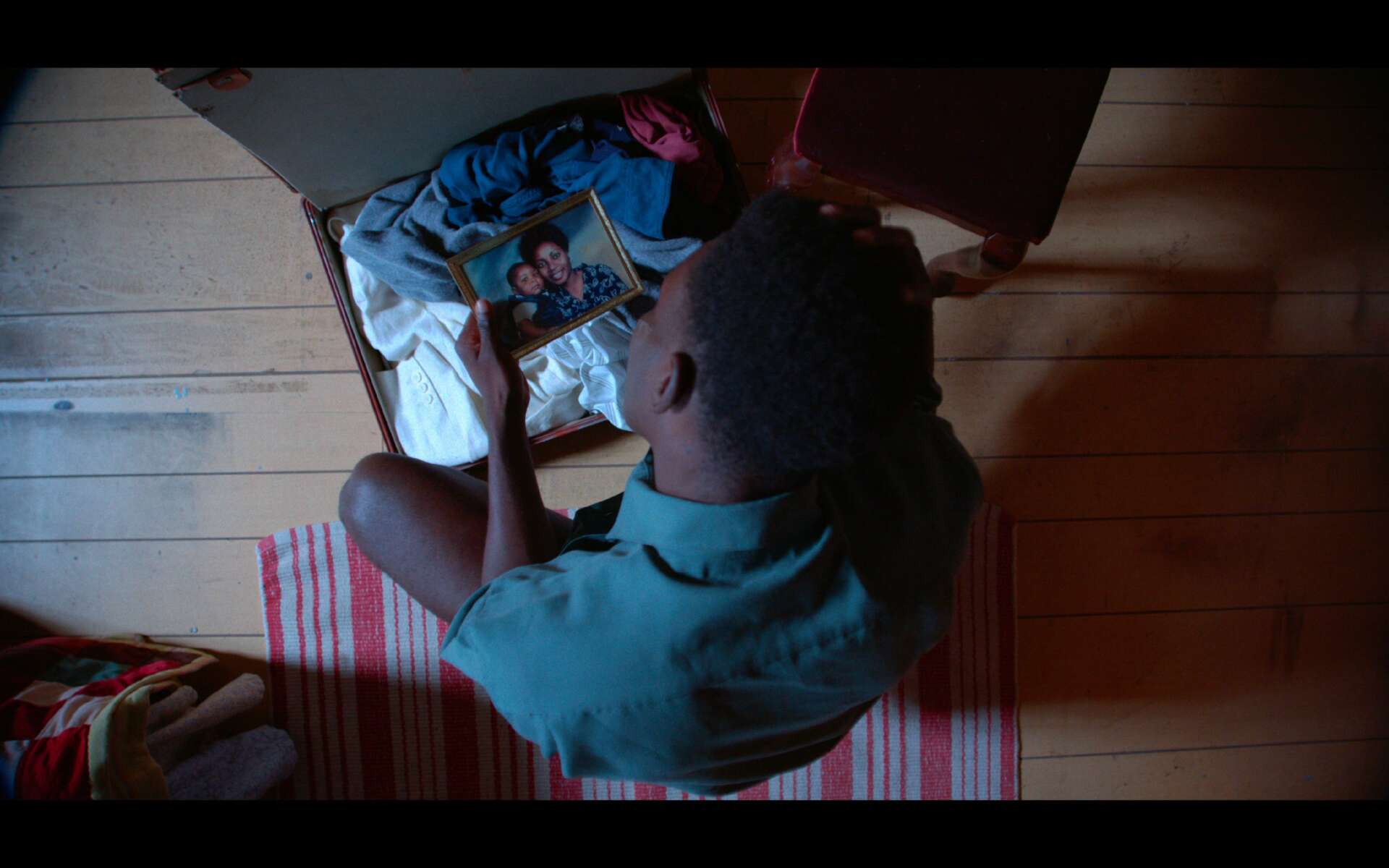
Contact Info:
- Website: traewhyte.com
- Instagram: https://www.instagram.com/traewhyte/
- Linkedin: https://www.linkedin.com/in/traewhyte/
- Youtube: https://www.youtube.com/channel/UCDisOXbAkhwop1u58n8RQvw
Image Credits
Kenji Bennett Alexa McWhorter


